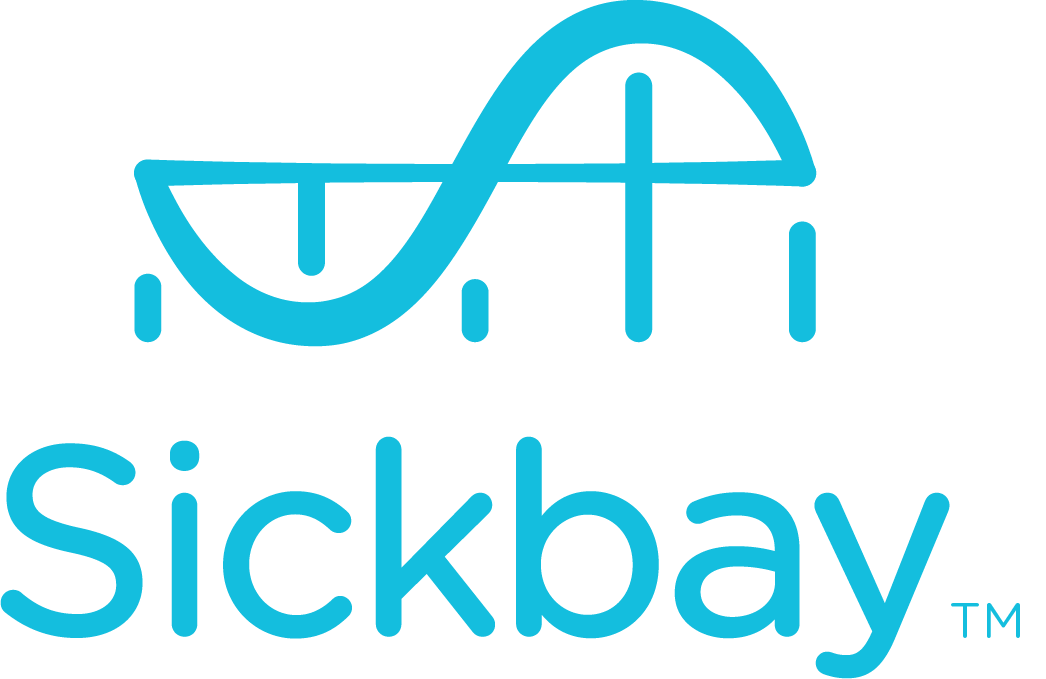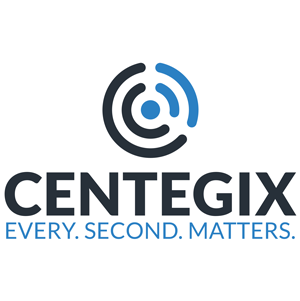About The Program
The 2025 Fall Healthcare IT Congress is where CIOs, CTOs, and top tech leaders stop chasing change and start shaping it. You’ll get real strategies for post-merger systems, cybersecurity, digital tools, and leadership that actually transforms. No fluff. No filler. Just high-value conversations with people who are building what’s next in healthcare—and have the results to prove it.
Topics Of Discussion
Theme: Innovation in Healthcare: Revising the Care Delivery Model
Sessions on the program include (but are not limited to):
Supporting Post-Acute Care Clinical Workflows: Improvements, Maintenance, & Management
Optimizing IT During Healthcare M&As: Best Practices for Post-Merger Technology Alignment
Advancing Healthcare with Integrity: Developing Ethical Policies for Emerging Technologies
Cyber Resilience: From Prevention to Recovery in an Era of Rising Threats
Third-Party Access Control: Safeguarding Healthcare Networks from External Threats
Balancing the Bottom Line: Financial Planning in Healthcare IT Amidst Changing Regulations
Ethical Considerations in Health Data Analytics: A Path to Transparent Decision-Making
Innovative Patient-Centered Care: Integrating Technology with a Human Touch
Empowering Patients with Digital Tools: From Portables to Wearables
The Role of Leadership in Driving Digital Transformation Across Healthcare
89.3% of delegates said this is the best event they’ve attended all year
Advisory Board
We are proud to introduce our National Healthcare IT Advisory Board of nine leading healthcare technology industry experts. This collaborative group provides insights, session suggestions, and overall feedback on opportunities for constant growth at our events.


Baylor Scott & White Health

Penn Medicine

MedOne Healthcare Partners

CHRISTUS Health

Baptist Health Jacksonville

Children's Hospital & Medical Center

Axia Women's Health

Madonna Rehabilitation Hospital System
Past & Present Speakers
A dynamic roster of thought leaders who contribute valuable insights and expertise, sharing cutting-edge research, industry trends, and innovative ideas that can drive progress and inspire their industry peers.
Their presentations and discussions foster networking opportunities, facilitate knowledge exchange, and help shape the future direction of their respective field.

Parkview Health

Klamath Health Partnership

UCSF Health

Brooke Army Medical Center

Oklahoma University Health

Pacific Central Coast Health Centers

AnMed Health

Nuvance Health

APLA Health
The Schedule
Event Registration
Opening Keynote
Strategy Sessions/Business Meetings
Afternoon Refreshments & Networking
Strategy Sessions/Business Meetings/Roundtables Discussions/Workshops
Free Time
Welcome Reception & Dinner
Networking Breakfast
Morning Keynote/Panel Session
Strategy Sessions/Business Meetings
Morning Refreshments & Networking
Strategy Sessions/Business Meetings
Workshops/Roundtable Disccussions
Networking Luncheon
Roundtables/Business Meetings/Workshops
Afternoon Refreshments & Networking
Strategy Sessions/Business Meetings
Closing Day Keynote
Free Time
Networking Reception & Dinner
Morning Refreshments & Networking
Workshops/Roundtable Disccussions
Brunch
Strategy Sessions/Business Meetings
Closing Keynote
Our Commitments to You
Maximized Networking Opportunities
A personal, customized itinerary
Exclusive qualified attendance
return on time and objective
Delegate Testimonials
An extremely well-organized event with opportunity to network closely with like-minded leaders and meet vendors who get to know you without a templated sales pitch. I hope these events continue to grow and expand. The conversations of true barriers are more productive and attendees who truly want to help and mentor each other.
Best conference I have attended thus far. Unlike many that are vendor shows, the Healthcare IT Congress provided an atmosphere for collaboration and networking far superior.
Bridgemark Media Group's Healthcare IT Congress programs are one of my favorite events to attend. It offered great networking, interactive conversations with peers, and access to specific vendors.
Great conference experience. The mixed conferences put me in touch with people otherwise out of my network and opened my eyes to common issues facing multiple industries.



